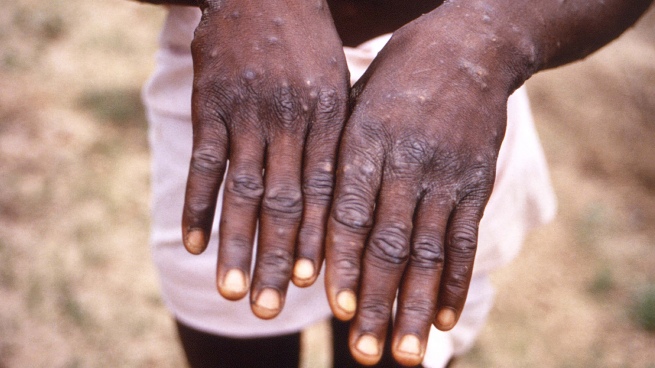The World Health Organization (WHO) prompted discussions to change the name of monkeypox, as some countries and experts they consider that denomination as vexatious and that it stigmatizes the population of African countries.
As reported by the organization, The objective is not only to change the name of the virus, already present in more than 40 countries, but of its different strains that are named after African regions or countries. where they are first located, for example, the West African strain or the Congo Basin strain.
At the beginning of June, some thirty scientists, many of them African, published an open letter in which they demanded that this nomenclature be changed so that “it is not discriminatory or stigmatizing,” the AFP news agency reported.
That is why the director general of the WHO, Tedros Adhanom Ghebreyesus, commented that there will be “announcements as soon as possible” about this change.
Some experts even assured, among their questions, that calling the disease monkeypox basically implies relating it to African countries.
“We saw it first of all with AIDS in the 1980s, or the Ebola virus in 2013, and then with Covid-19 and the alleged South African variants,” epidemiologist Oliver Restif told AFP, denouncing that this is a debate “broader and is related to the stigmatization of Africa”.
According to scientists, taking into account that a new version of the virus has been circulating around the world since May, it should simply be referred to as hMPXV (h for human).
“It is not a disease that can really be attributed to monkeys,” virologist Oyewale Tomori, from Redeemer University in Nigeria, told AFP.
In this sense, the experts assured that the animals that transmit the disease in real life are rather rodents; but, nevertheless, this disease it was discovered by Danish scientists in the 1950s in caged monkeys in laboratories.


















